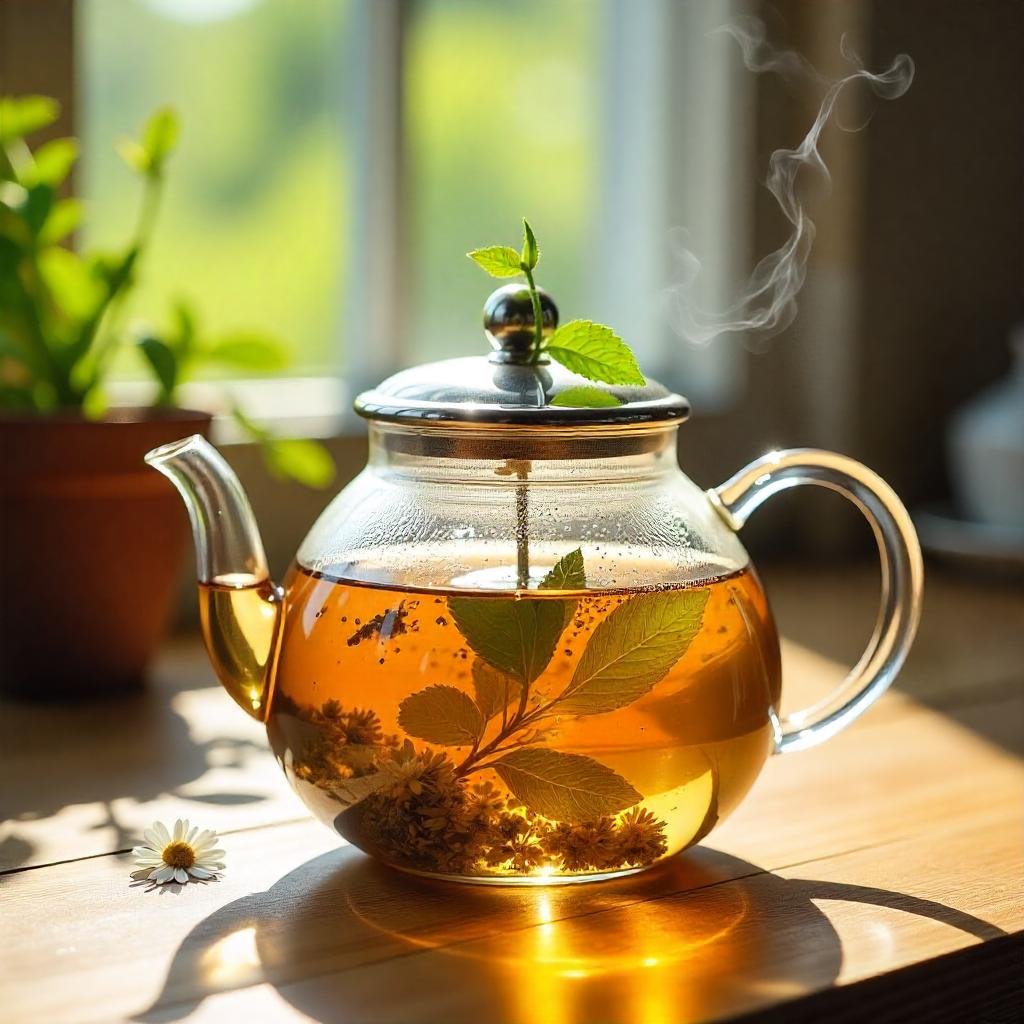Natural Remedies For Common Health Issues
Natural remedies have been used for centuries to alleviate common health issues, often offering a gentler approach compared to pharmaceutical solutions. While they may not replace medical advice or treatment, many natural remedies can be effective for managing mild symptoms or promoting overall well-being. Here are some natural remedies for common health issues:
1. Headaches
-
Peppermint Oil: Peppermint oil can help relieve tension headaches when applied to the temples and massaged in.
-
How: Mix a few drops of peppermint oil with a carrier oil (like coconut oil) and massage it into your temples, forehead, and the back of your neck.
-
-
Ginger Tea: Ginger has anti-inflammatory properties and can help reduce headache severity.
-
How: Boil fresh ginger slices in water for 10 minutes, strain, and sip.
-
-
Lavender Oil: The soothing scent of lavender can help reduce headache pain and promote relaxation.
-
How: Add a few drops of lavender oil to a diffuser or apply it to your temples.
-
2. Digestive Issues (Indigestion, Bloating, Constipation)
-
Peppermint Tea: Peppermint is known for soothing the digestive tract and relieving gas, bloating, and indigestion.
-
How: Drink a cup of peppermint tea after meals to aid digestion.
-
-
Ginger: Ginger helps to stimulate digestion and reduce nausea, bloating, and indigestion.
-
How: Chew on a small piece of fresh ginger, or drink ginger tea to soothe your stomach.
-
-
Fiber-Rich Foods: Foods high in fiber, such as oats, flaxseeds, chia seeds, and fruits, can help relieve constipation.
-
How: Add high-fiber foods to your daily diet, drink plenty of water, and move your body regularly.
-
3. Cold and Flu Symptoms
-
Honey and Lemon: Honey is soothing for sore throats, and lemon provides vitamin C to support the immune system.
-
How: Mix a tablespoon of honey with fresh lemon juice and warm water for a soothing drink.
-
-
Echinacea: This herb is often used to boost the immune system and may shorten the duration of colds.
-
How: Take Echinacea as a tea or in supplement form at the first sign of illness.
-
-
Ginger and Garlic: Both ginger and garlic have antiviral and antibacterial properties that can help fight off infections.
-
How: Add raw garlic to your meals or drink ginger tea to ease symptoms.
-
4. Insomnia and Sleep Issues
-
Chamomile Tea: Chamomile is a gentle herb known for its calming properties, which can help with sleep.
-
How: Drink a cup of chamomile tea 30 minutes before bed to promote relaxation.
-
-
Lavender Oil: Lavender is well-known for its calming effects and is often used to improve sleep quality.
-
How: Add a few drops of lavender essential oil to your pillow or use it in a diffuser before bed.
-
-
Valerian Root: Valerian root is commonly used to reduce insomnia and improve sleep quality.
-
How: You can find valerian root in tea form or take it as a supplement before bedtime.
-
5. Stress and Anxiety
-
Ashwagandha: This adaptogenic herb is known to help reduce stress and anxiety by balancing cortisol levels.
-
How: Take Ashwagandha supplements or drink Ashwagandha tea.
-
-
Lemon Balm: Lemon balm is a member of the mint family and is known to reduce stress and anxiety.
-
How: Drink lemon balm tea, or take it in supplement form.
-
-
Deep Breathing and Meditation: Practicing deep breathing exercises or mindfulness meditation can help lower stress and anxiety levels.
-
How: Practice deep breathing for 5-10 minutes each day or follow a guided meditation.
-
6. Skin Conditions (Acne, Dry Skin, Eczema)
-
Aloe Vera: Aloe vera has anti-inflammatory and healing properties that can help soothe irritated skin and reduce acne or eczema flare-ups.
-
How: Apply fresh aloe vera gel directly to the affected area for instant relief.
-
-
Tea Tree Oil: Tea tree oil is known for its antibacterial and anti-inflammatory properties, making it a popular remedy for acne.
-
How: Apply diluted tea tree oil directly to pimples using a cotton swab.
-
-
Oatmeal Baths: Oatmeal has soothing properties that can help alleviate itchy skin caused by dryness or eczema.
-
How: Add ground oats to your bathwater or apply a paste made from ground oats and water to affected areas.
-
7. Allergies
-
Local Honey: Eating local honey may help your body adjust to local pollen and reduce allergy symptoms.
-
How: Start by consuming small amounts of local honey daily during allergy season.
-
-
Nettle Leaf: Nettle leaf is an herb commonly used to relieve allergy symptoms due to its natural antihistamine properties.
-
How: Take nettle supplements or drink nettle tea to help manage allergy symptoms.
-
-
Saline Nasal Rinse: A saline solution can help clear nasal passages and relieve sinus congestion.
-
How: Use a neti pot or saline spray to rinse your nasal passages once or twice a day.
-
8. Muscle Pain and Soreness
-
Epsom Salt Bath: Epsom salts contain magnesium, which can help relax muscles and reduce pain.
-
How: Add 1-2 cups of Epsom salts to a warm bath and soak for 20-30 minutes.
-
-
Arnica: Arnica is a natural remedy for bruises, strains, and muscle pain, known for its anti-inflammatory effects.
-
How: Apply arnica cream or gel to sore areas or take it in homeopathic form.
-
-
Turmeric: Turmeric contains curcumin, a powerful anti-inflammatory compound that can help with pain relief.
-
How: Drink turmeric tea, or take a turmeric supplement with black pepper to enhance absorption.
-
9. Chronic Fatigue
-
Ginseng: Ginseng is an adaptogen that can help boost energy and reduce fatigue.
-
How: Take ginseng supplements or drink ginseng tea to help fight fatigue.
-
-
B Vitamins: B vitamins, particularly B12, are crucial for energy production.
-
How: Eat foods rich in B vitamins (like leafy greens, eggs, and legumes) or take a B-complex supplement.
-
-
Matcha Green Tea: Matcha provides a sustained energy boost, thanks to its combination of caffeine and L-theanine.
-
How: Drink a cup of matcha tea in the morning or as an afternoon pick-me-up.
-
10. Cold Sores
-
Lysine: Lysine is an amino acid that can help prevent and treat cold sores caused by the herpes simplex virus.
-
How: Take lysine supplements or eat foods rich in lysine, such as dairy, eggs, and legumes.
-
-
Tea Tree Oil: Tea tree oil has antiviral properties and can help prevent cold sores from spreading.
-
How: Apply diluted tea tree oil directly to the cold sore using a cotton swab.
-
-
Aloe Vera: Aloe vera helps soothe the area and reduce inflammation around cold sores.
-
How: Apply aloe vera gel to the affected area several times a day.
-






